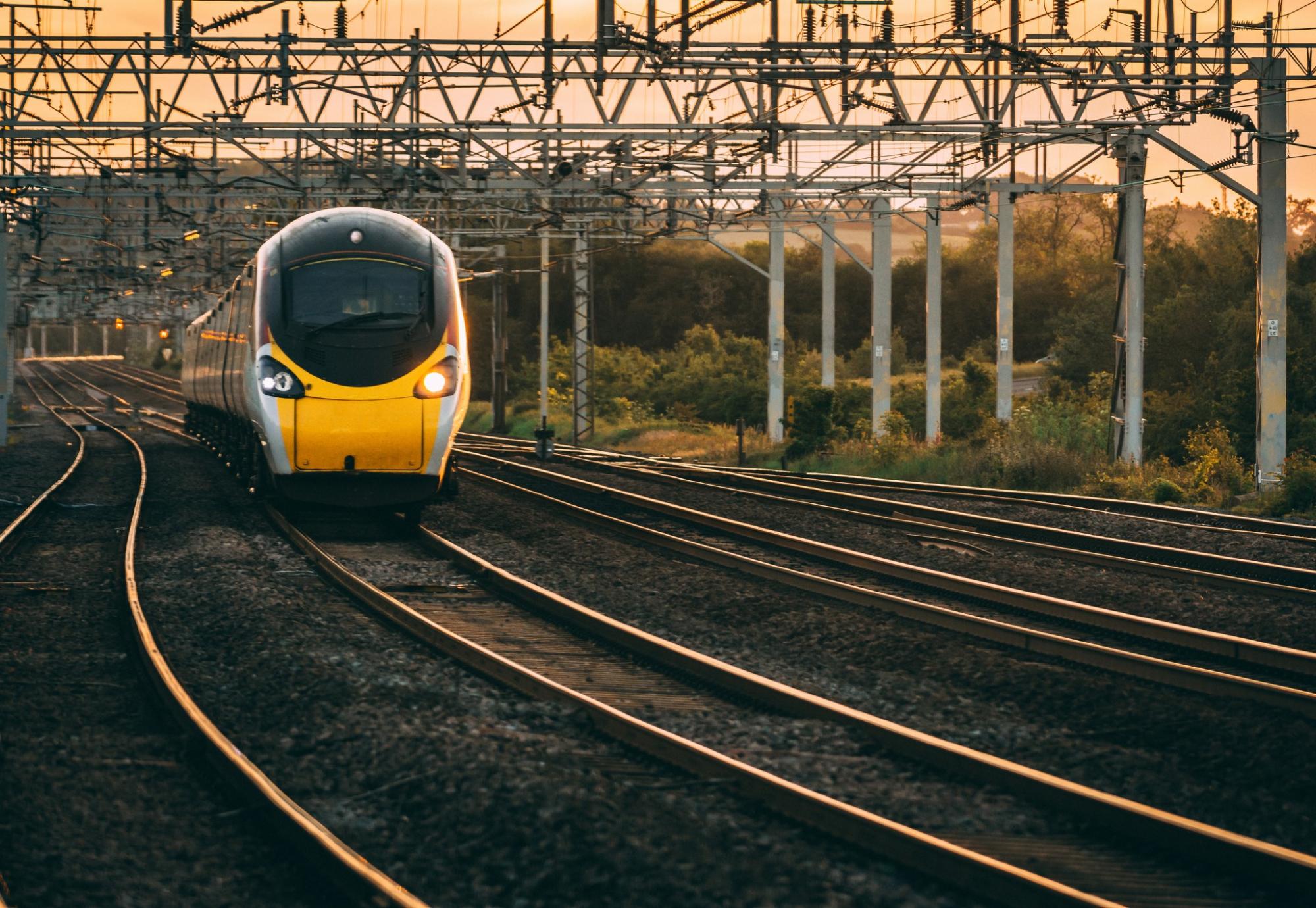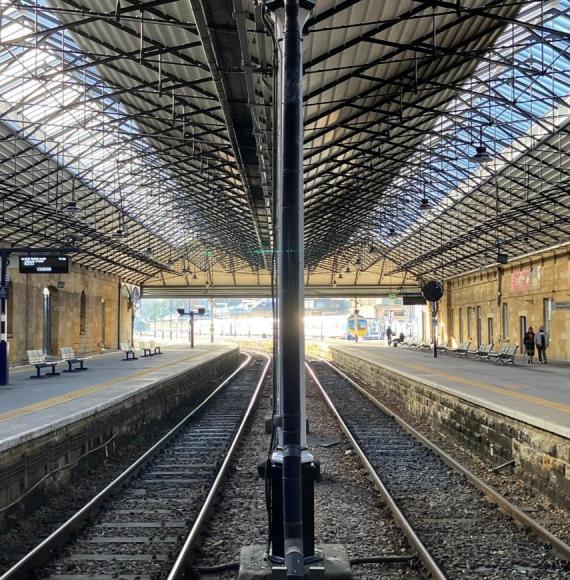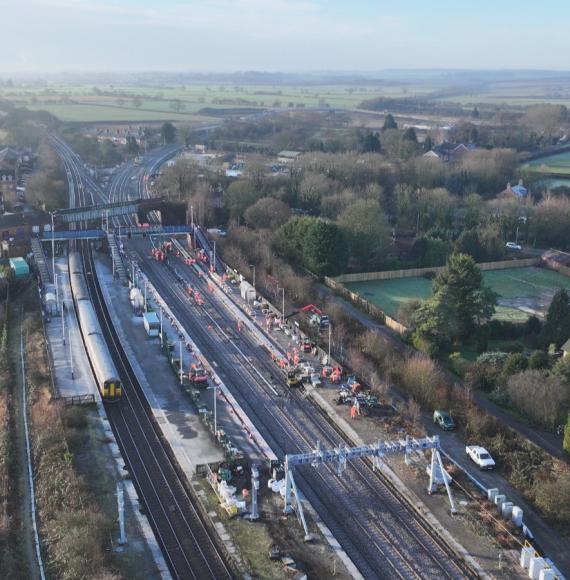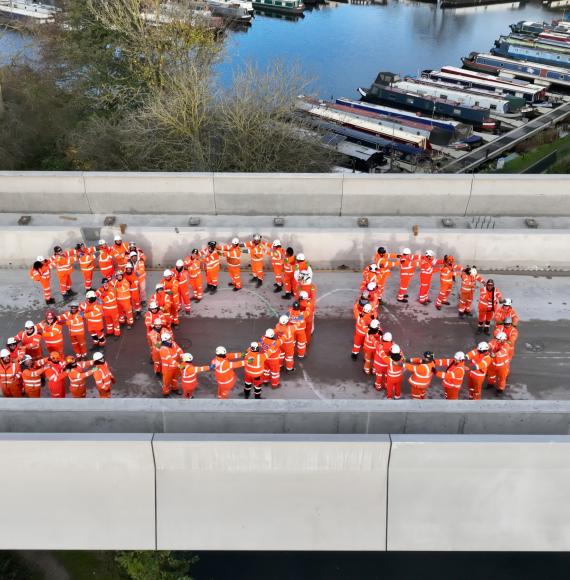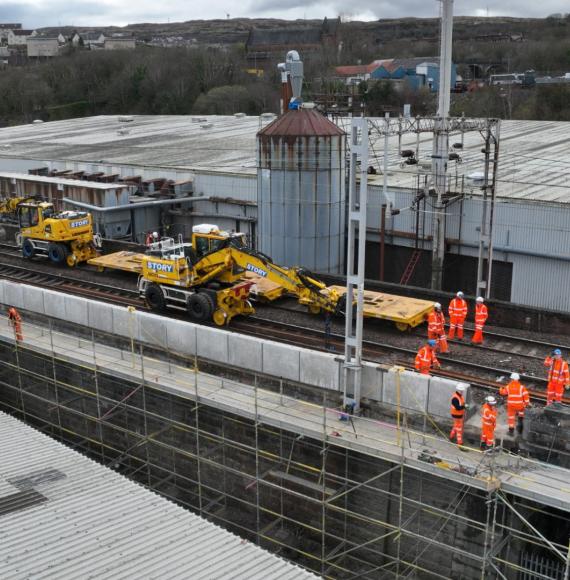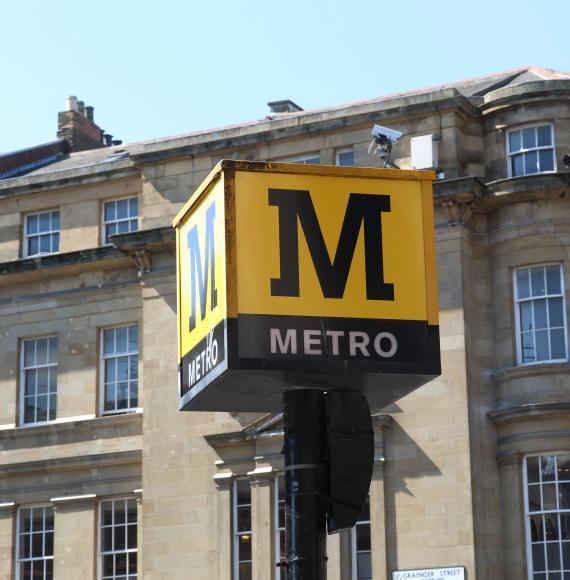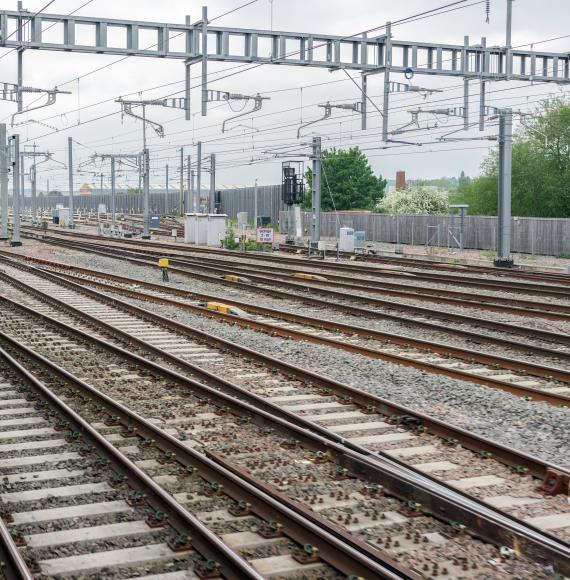It’s not a surprising statement to suggest the Covid-19 pandemic has had a sizeable impact on the rail industry and it’s financial situation, but a new report released by the Office of Rail and Road (ORR) outlines in clear detail just what those impacts have been.
The annual report investigates the rail industry’s finances for the 2019-20 period from April 1, 2019 through to the end of the previous financial year in March 31, 2020, as well as providing an update for the impact of Covid-19 on the industry.
The 38-page report covers in depth all aspects of the rail industry, with the main talking points including:
- In 2019-20, the industry as a whole cost £20.2bn, which was funded through fares and other passenger income (£11.6bn), Government funding (£6.5bn) and other sources (£2.0bn).
- Fares income in 2019-20 dropped by 1.1% to £10.4bn, largely as a result of the impact of Covid-19 in March
- Government funding of the operational railway increased by 45.2% to £6.5bn, largely due to the planned increases in Network Rail’s funding at the start of Control Period 6 (CP6) – but also due to the impact of Covid-19
- Industry costs were £20.2bn in 2019-20. This represented a 4% increase, equivalent to £800m, largely the result of increased infrastructure operating and maintenance costs and increased rolling stock leasing costs due to the introduction of new trains – each costing an estimated £400m compared with the same period last year.
The report’s coverage of the previous financial year meant that it only covered the earliest impacts of Covid-19 on the rail industry, which even themselves proved noteworthy. To help further inform the industry on the financial impacts the virus had caused, the ORR report also featured an additional update on the latter Covid-19 period.
This showed key impacts of Covid-19 on the rail industry’s finances during 2020-21 to include a decline in passenger journeys starting from the beginning of March 2020.
By the end of Q1 in late June 2020, had dropped to as low as 5% of the normal levels – causing 2020-21 Q1 income from fares to be just £184m, some £2.5bn (93%) lower than the same period the previous year.
As a result of this significant reduction in fares income, Government financial support to maintain train services had increased.
The Department of Transport made payments of £2bn to train operators between April and June 2020, far higher than the £1.2bn of government funding for franchised passenger operators during the whole of the 2019-20 financial year.
These figures in the Covid-19 update were not finalised and could change, the ORR prefaced.

